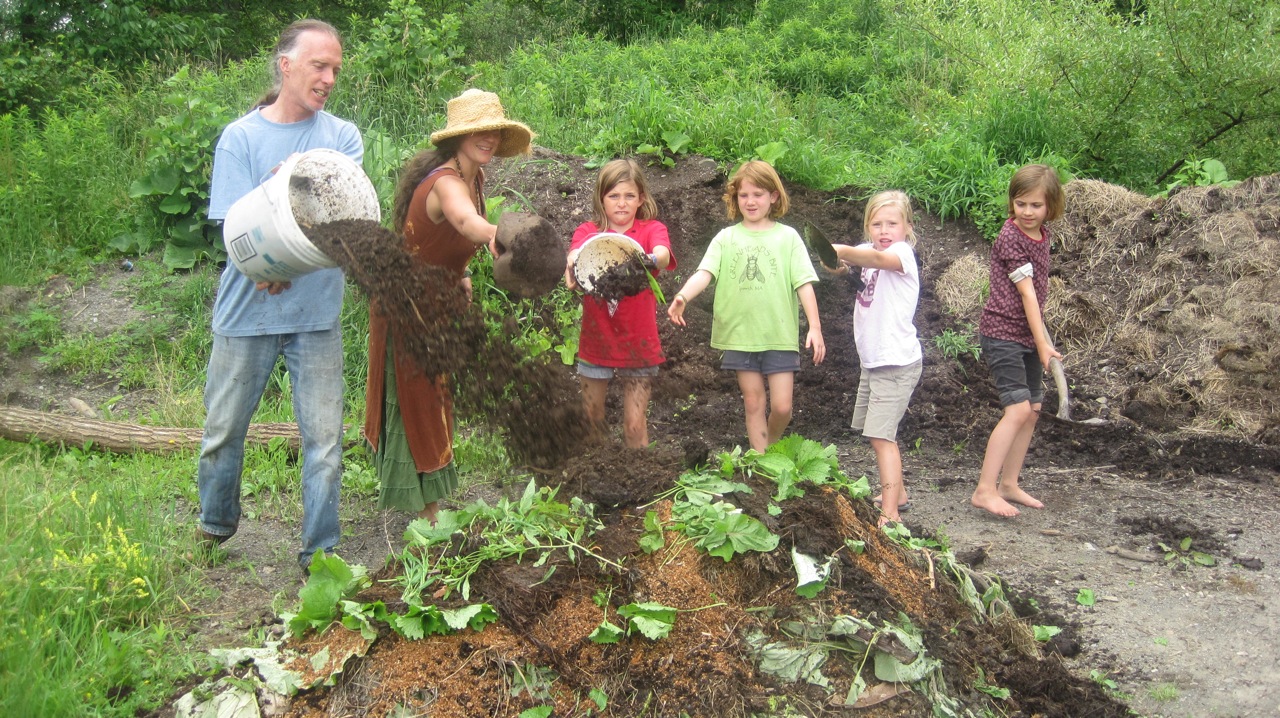Biodynamic gardening is a specific approach to gardening that focuses on holistic, ethical, and ecological factors. It’s often confused with organic gardening. As you can probably guess, biodynamic gardening uses composts and manures that don’t have any chemicals.
It has unique methods to its approach that include the treatment of soil as a single system for both crops and animals. The variety of herbs and mineral additives for compost additives and field sprays are prepared sometimes by controversial methods. One of these is having humus filled into the horn of a cow buried to the ground in autumn and left during the winter to decompose. It's then left to soak up energy, helping the earth to hold air, nutrients, and water for the young plants.
With the use of herbs, minerals and fermented manure, the food being raised is said to be enhanced with nutrition, flavor, and quality. Compost is prepared by adding herbs that are frequently used in medicinal remedies. Many of the same herbs are also used in organic practices when making the fertilizers, which appear as green manure. They are commonly prepared by yarrow blossoms stuffed into the urinary bladder of a deer and during the summer they are placed in the sun, then buried during the winter and retrieved in the spring.
Another technique used: stinging nettle is stuffed together underground for a year with all sides surrounded by peat to produce compost. Interesting, right?
Biodynamic gardening has the following advantages:
- Nutrition. Foods produced using this method of gardening are of high nutritional value, and have high mineral and vitamin content. It’s said that healthy plants mean healthy people and that better-nourished plants also provide better nourishment to animals and people.
- Poison free. Organic food consumers have a major benefit because the food is free from contaminants and chemicals that cause harm such as fungicides, pesticides, and herbicides.
- Better tasting of food. Both animals and people have a sense of taste that enables them to differentiate the quality of food. The Brix analysis is used widely in testing the quality of vegetables and fruits for export. Quite often food produced using biodynamic gardening has better Brix results than traditional food.
- Long lasting food. Plants that are organically grown can be longer stored without becoming rotten. Of course this doesn’t compare against the use of preservatives.
- Drought resistance. Plants that are organically grown are more tolerant to drought.
- Lower costs. With organic farming, less expenses are incurred because there are no chemicals used. The use of organic fertilizers helps the farmers in incurring fewer costs, because the microbials used to spray crops are fairly cheap.
- Disease and pest resistance. Growing healthy plants and restoring mineral balance to the soil produces plants that are disease-free are more resistance to pests.
Do you have any experience with biodynamic gardening? Please share in the comments below :)
